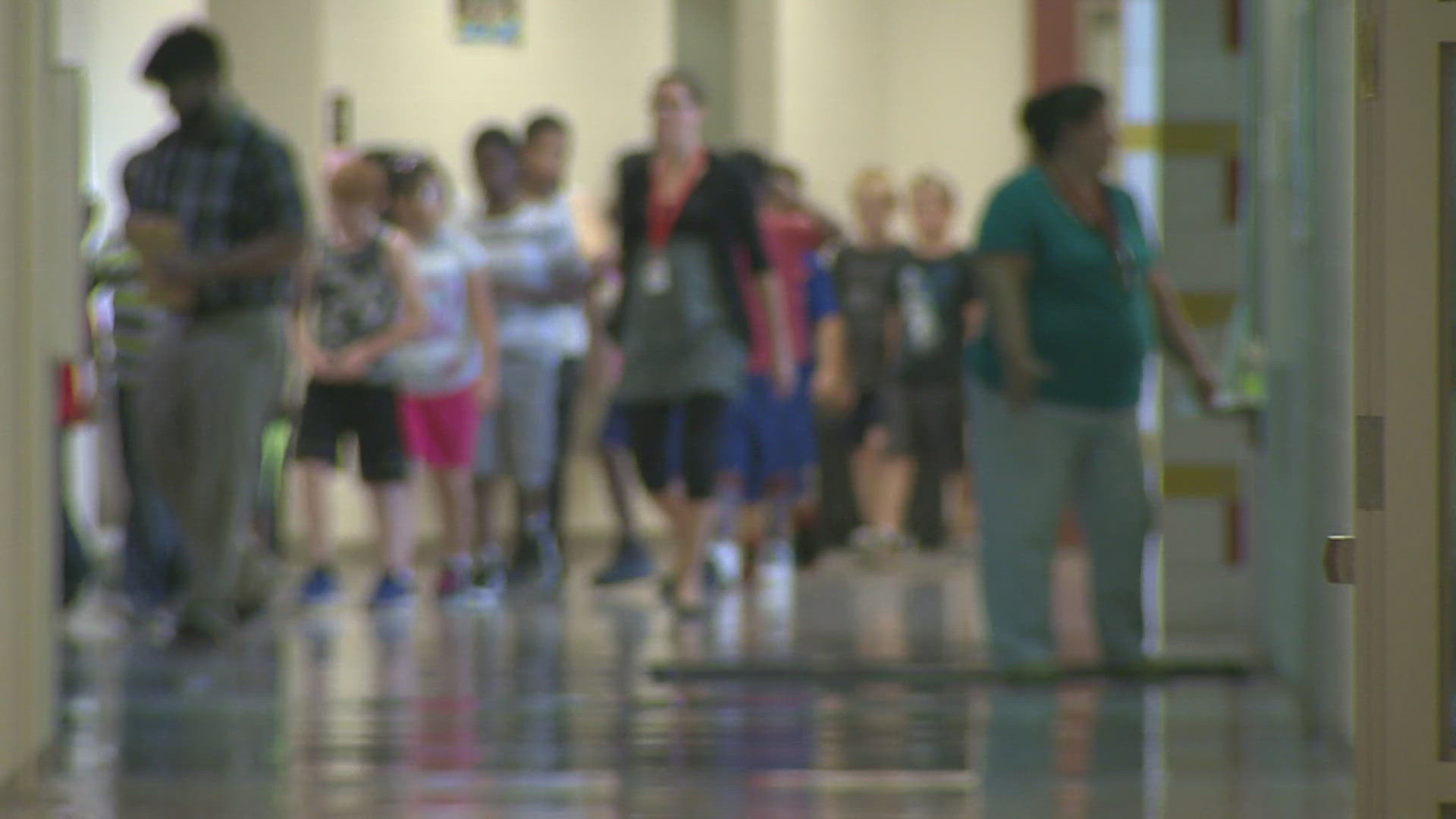ROCK ISLAND, Ill. — Families across the U.S. are once again facing difficult conversations in the aftermath of the Apalachee High School shooting in Georgia.
Tragic events like this can make kids anxious and fearful, and talking about these events can be difficult for parents.
For kids old enough to be on social media, therapists recommend talking through events with your child, without judgment or interruption. Some kids worry about causing their parents more stress, so it's important to let them know they can talk about it.
Since the shooting on Wednesday, Rock Island High School social worker Tina Eygabroad has been talking with a lot of students.
"Any time there's a trauma out in the community or even far away, our students are affected by that," Eygabroad said. "It brings up either feelings of unsafety, uncertainty in the school, and it also brings up their past trauma."
She said parents can help their kids process the event, starting by asking what they've heard and how they feel about it.
"If you're worried, your child's probably worried about it," Eygabroad said. "And by you opening up and talking about it, it gives them the opportunity to express their feelings too."
Social worker and therapist Isabel Young recommends walking kids through those feelings.
"Giving kids the words to use, like what does fear, when I say that word what does that mean for you? When I say the word safe how does that make you feel? How does that make your body feel?" Young said. "Taking it in terms that they would understand, using it as a way to talk about emotions."
Young said identifying safe people at school can help ease fears.
"Even when big things like this happen, we look to people like the police, or teachers, or firefighters, or any other person in the situation, we have the safe people," Young said.
Seeing traumatic events on social media can make those negative feelings worse. Eygabroad recommends logging off and connecting with loved ones.
"The more you see it, the more you're replaying it, the more it’s feeding those anxieties and those fears," Eygabroad said. "So actually taking a break and doing something to take care of yourself, or to reconnect with somebody that you care about, is actually some of the best things that you can do."
Young said parents should also remember to take care of themselves and know when to take a break.
"It’s really hard to be patient and keep your emotions in check when we're not taking care of ourselves," Young said. "Your kids aren’t expecting you to know everything. They just want to know if they come to you, you're going to be able to be kind and patient with them to the best of your ability. So giving yourself the best space to do that is probably the best for parents right now."
Young said parents should seek additional help for their child if they're struggling with nightmares, high anxiety and loss of interest for more than a week. That can come from school counselors and social workers or an outside therapist.
Parents can reach out to their schools if they want to learn more about what safety measures are in place.

